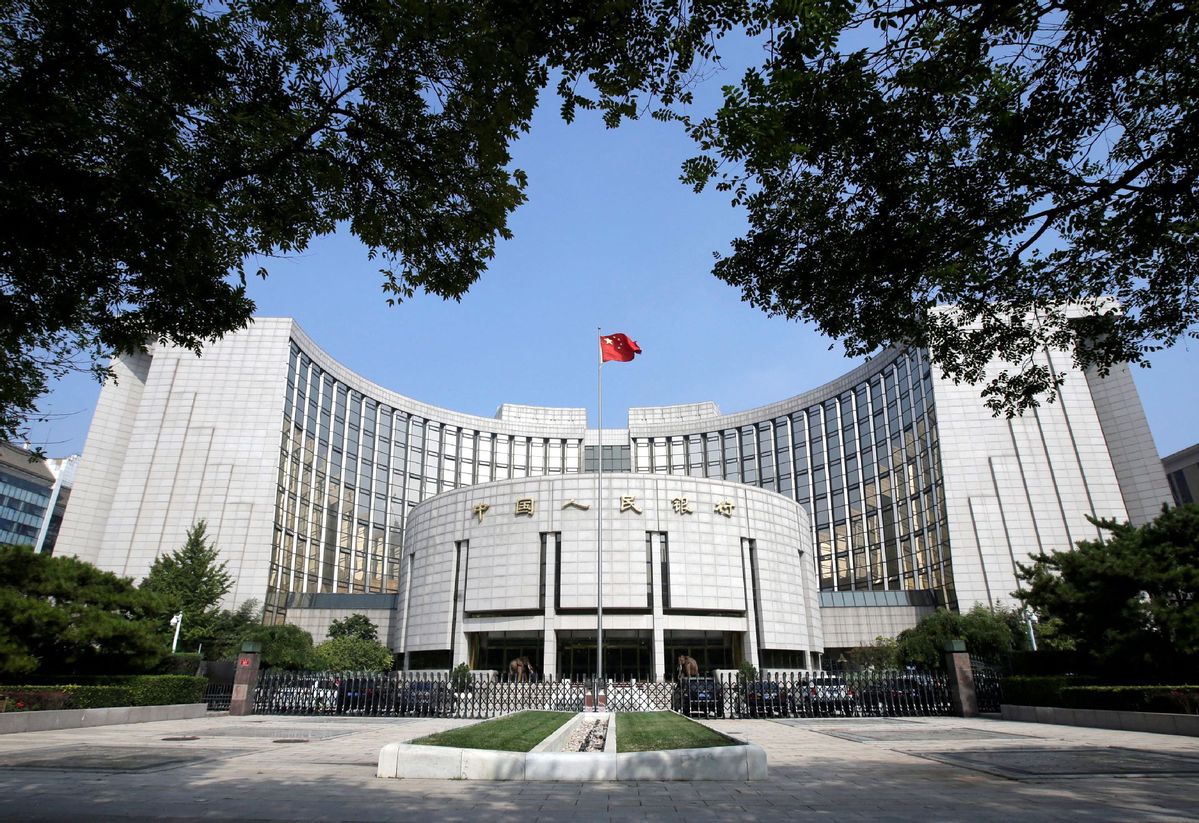
Headquarters of the People's Bank of China (PBOC), the central bank, is pictured in Beijing, China. [Photo/Agencies]
China's aggregate social financing and new renminbi loans hit record highs in January, indicating that the country's moderately loose monetary policy is gaining traction in bolstering economic activity, analysts said.
The People's Bank of China, the country's central bank, said on Friday that the country's aggregate social financing — the total amount of financing to the real economy — stood at 7.06 trillion yuan ($973.1 billion) in January, up by 583.3 billion yuan compared to the same period last year.
The country's yuan-denominated loans rose to 5.13 trillion yuan in January, compared with 4.92 trillion yuan seen in the same period of 2024, the PBOC said.
Both figures represent the highest monthly readings since records began in the early 2000s, according to information from financial data provider Wind Info.
"Credit and social financing data remained buoyant in January, getting off to a good start for 2025 and providing strong support for a steady performance of the economy," said Wen Bin, chief economist at China Minsheng Bank.
Meanwhile, the country's outstanding aggregate social financing totaled 415.2 trillion yuan as of the end of last month, marking an 8 percent year-on-year increase, consistent with the growth rate seen at the end of December, the central bank said.
The broad money supply, or M2, reached 318.52 trillion yuan at the end of January, up 7 percent year-on-year, although the growth rate slightly declined from 7.3 percent a month earlier.